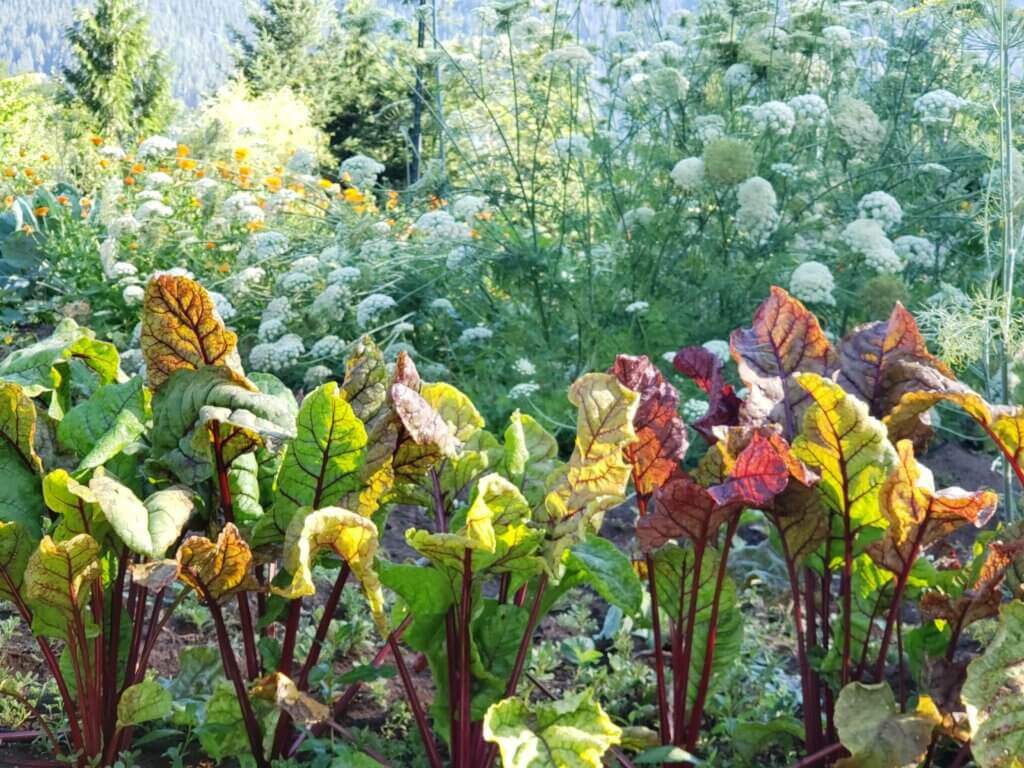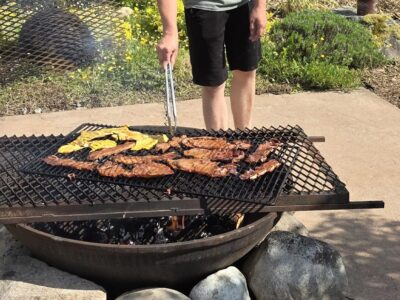Do you struggle with time management and taking on too many projects? There are so many things that we homesteaders want to do but often we overextend ourselves and then get overwhelmed.

In today’s podcast, Pioneering Today episode #293, I share tips on how to be more organized and focused so you can be more productive and continue to make progress towards greater self-sufficiency on your homestead.
Figuring out how to manage your time daily when you want to learn and do “all the things” can be tough. No matter where you’re at in your homesteading journey, there’s always some type of new skillset that you’re eager to learn or eager to try.
In This Episode:
- Meet Tracy, a member of the Pioneering Today Academy, who started her homestead journey six years ago and lives on 40 acres in Southern Illinois.
- The balance of finishing projects completely, or finishing projects as money allows and staying debt-free.
- Why planning is twice as important as the actual “doing” of a project.
- What to consider when making money or earning a living using homesteading skills.
- Brainstorming ideas on how to teach classes on homesteading skills.
- Tips on just getting started!
If you like this series where I’m helping members of the Pioneering Today Academy troubleshoot their homesteading struggles?
- How to Create a Gardening Plan to Grow More in a Small Space
- How to Grow a Large Scale Garden & Raise Livestock Without Acreage
More Homesteading Articles
- How to Buy a Homestead – What to Look For
- Creating a Homestead Business That Makes Money
- Does Homesteading Really Save Money?
- How to Earning a Living from Your Homestead
- What To Do When Your Family Isn’t Onboard with Homesteading (Or Something You’re Passionate About)
- How to Get Everything Done in a Day Without Wasting Time or Getting Distracted
[fusebox_transcript]



